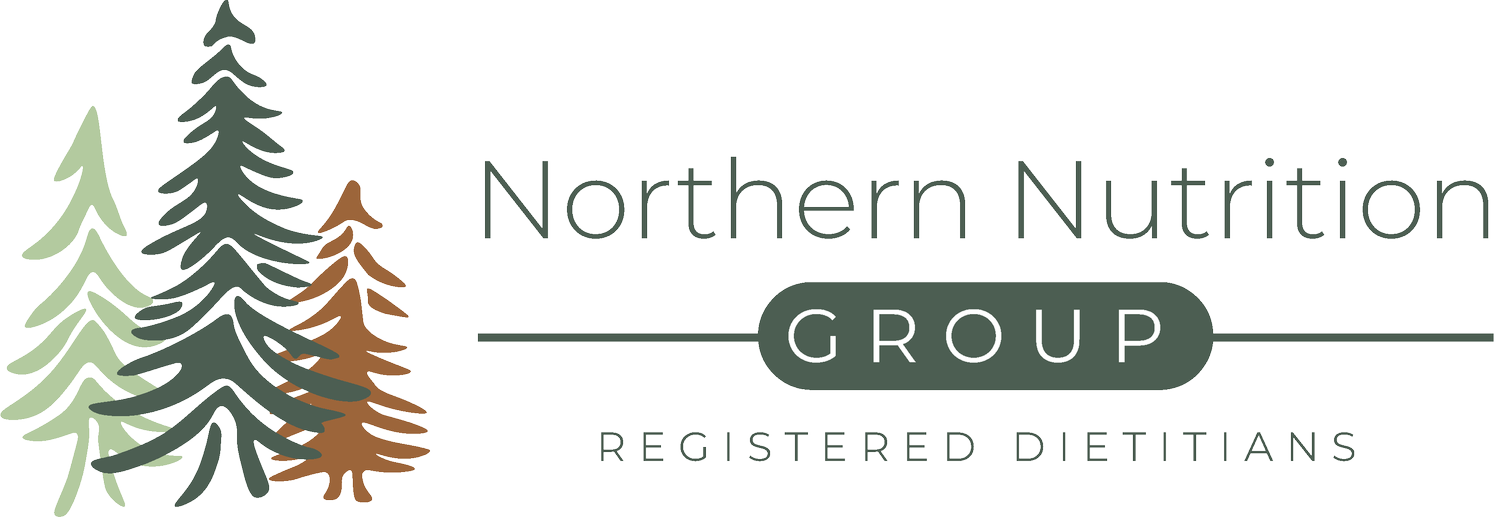A Closer Look at The Carnivore Diet
The carnivore diet is an eating plan that includes only meat and other animal-based foods. Supporters of this diet claim it can reduce inflammation, help manage diabetes, and improve mental health. One of its biggest promises is weight loss, based on the idea that without carbohydrates, the body burns fat for energy. However, this diet also assumes that carbohydrates are bad, which isn’t true.
What Is Included (and missing) in The Carnivore Diet?
The first thing you'll notice about the carnivore diet is how extremely restrictive it is. People following this diet can eat beef, pork, poultry, organ meats, processed meats, eggs, butter, animal fats, and small amounts of dairy like cream and hard cheeses. What’s missing? A lot! This diet completely cuts out grains, fruits, vegetables, beans, nuts, and seeds—foods that provide essential nutrients. Because of this, the carnivore diet does not align with science-based dietary guidelines.
A healthy diet should include a balance of nutrients. According to dietary guidelines, that should be 10–35% of calories from protein, 25–35% of calories from fat and 45–65% of calories from carbohydrates
By cutting out all plant-based foods, the carnivore diet lacks fiber, vitamins, minerals, and antioxidants that help keep your body healthy. Scientific research shows that eating only animal products can increase the risk of heart disease, kidney problems, and liver issues—not exactly a recipe for long-term health!
More Protein is Not Always Better
One reason some people turn to the carnivore diet is confusion about protein needs. Many believe they need way more protein than they actually do. In reality, healthy adults only need 0.8–1.0 grams of protein per kilogram of body weight (about 15% of daily calories). However, studies show that most Americans already eat more than enough protein—about 1.2–1.4 g/kg/day.
Eating too much protein (more than 1.5 g/kg/day) can overload the body with metabolic waste like urea, making the kidneys work harder to filter it out. This can be especially dangerous for people with kidney disease, leading to kidney damage and metabolic imbalances.
If you're wondering how much protein you really need or whether you’re getting enough, the best thing you can do is talk to a registered dietitian. They can help you find the right balance for your body—without cutting out important nutrients!
Sources:
LeWine HE. What is the carnivore diet? Harvard Health. Published May 8, 2024. https://www.health.harvard.edu/nutrition/what-is-the-carnivore-diet
Ko GJ, Rhee CM, Kalantar-Zadeh K, Joshi S. The effects of high-protein diets on kidney health and longevity. Journal of the American Society of Nephrology. 2020;31(8):ASN.2020010028. doi: https://doi.org/10.1681/asn.2020010028
Written by Shelby Duncan, Montana Dietetic InternShelby, a Montana dietetic intern, completed a supervised practice rotation at Northern Nutrition Group in January 2025. To become a registered dietitian, interns must complete 1,200 hours of supervised practice before graduating and taking the Commission on Dietetic Registration (CDR) Exam for Registered Dietitians. Shelby is set to graduate in May 2025 and will soon be a certified and licensed registered dietitian.We are excited for Shelby to join the field and use her expertise to combat misinformation and unhealthy eating trends—like the carnivore diet—promoted by diet culture!